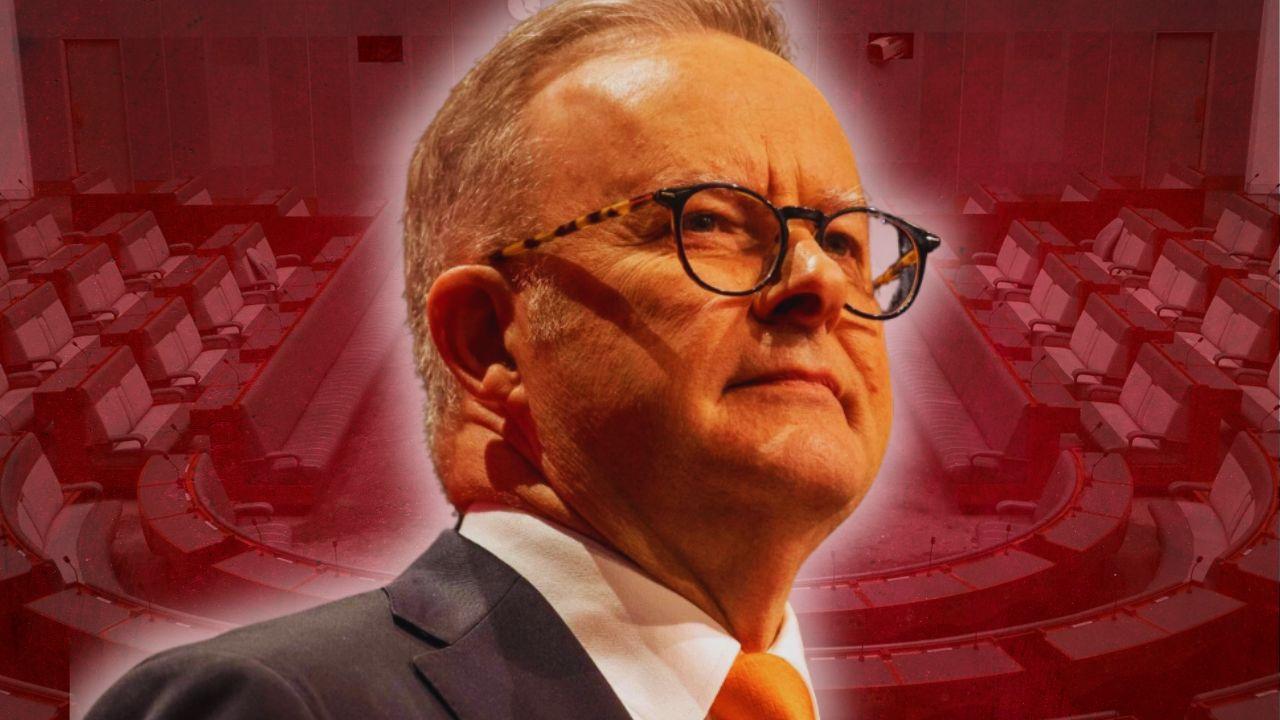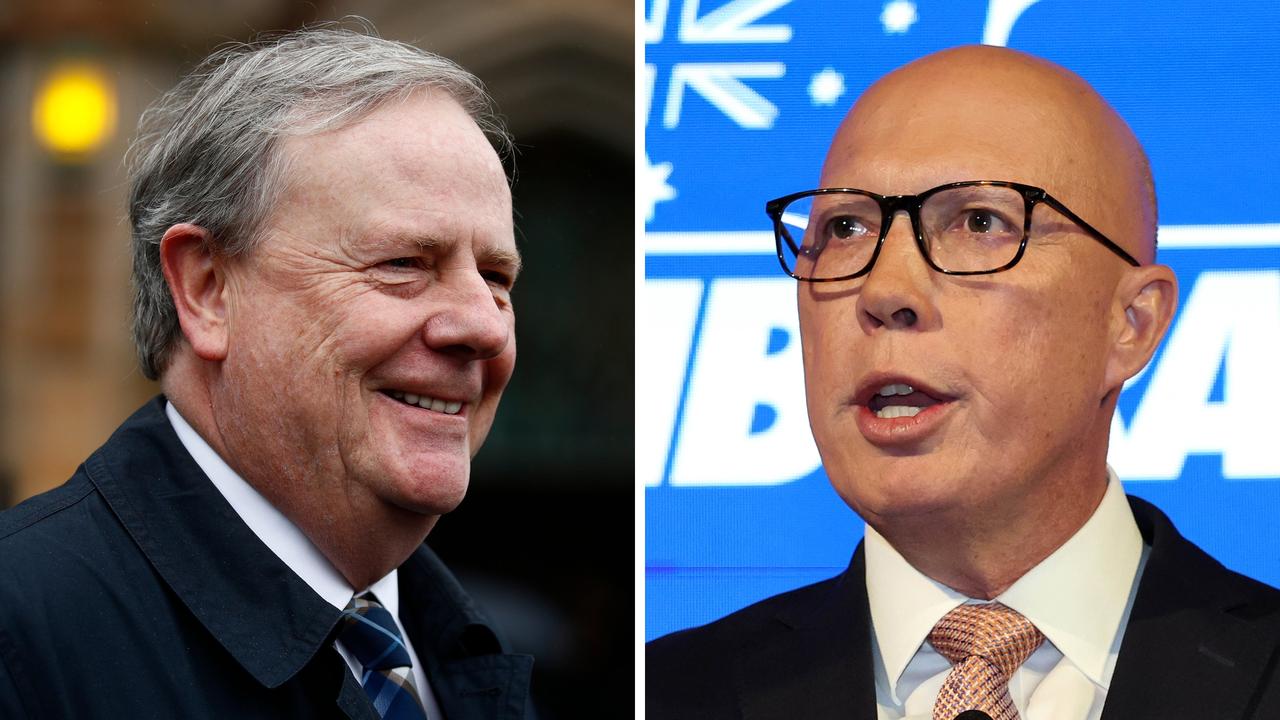Coalition gas policy should be a game changer. Win or lose, it should have bipartisan support

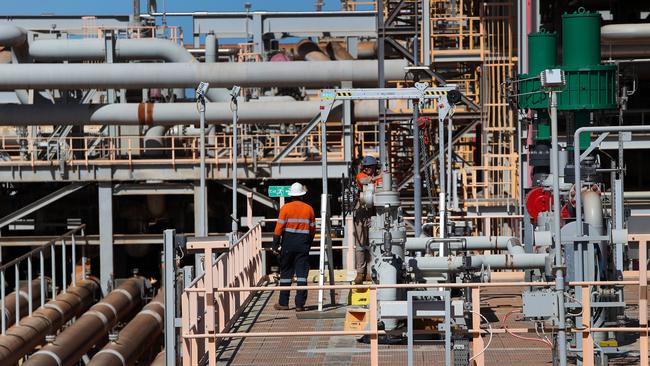
Let’s face it, to date the election campaign has not been an edifying spectacle, at least for those who crave new, fresh ideas and reform.
The Coalition sought to break the mould of the predictable gabfest that our election campaigns have become, in releasing the modelling on its gas policy by Frontier Economics. The policy is designed to increase flows and reduce gas and electricity prices to our major cities on the eastern seaboard.
The policy had been released two week earlier, calling for an East Coast Reservation Scheme which would allow gas prices to be decoupled from the global market. There is a lot to it but at its base, the Coalition has called for the imposition of a “gas security charge” that would encourage gas producers to sell to the domestic market.
Modelling from Frontier Economics shows small but significant reductions to Australians energy bills.
Is it a game changer? I think it should be based on ridding the nation of the absurdity that Australians are paying a premium for LNG while the mining companies extracting and refining it are paying next to nothing, often loading up ships and selling them to the highest bidder for massive profits.
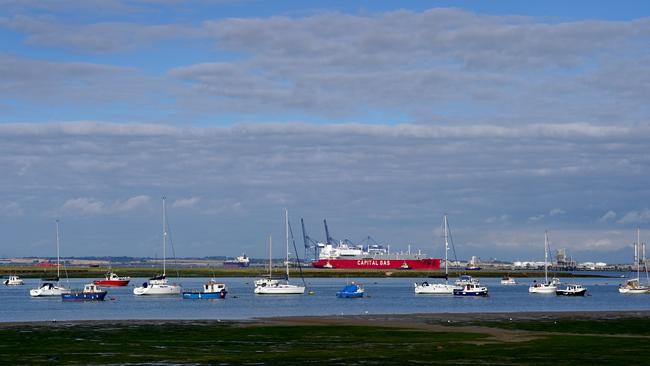
This was a chance to change the momentum in the campaign as it speaks of a story Australians should know and be angry about.
Australia is one of the world’s largest exporters of LNG, accounting for around 20% of global exports. Approximately 80% of Australia’s LNG exports are sold on long-term contracts, with sales prices based on the underlying price of Japanese Customs-Cleared Crude Oil. The remainder can be shipped offshore and sold at spot prices.
The Albanese Government introduced a gas price cap in 2022, at $12 a gigajoule. With war in the Ukraine, the LNG spot price had spiked, often tipping $30 a gigajoule with the exporters effectively setting a premium price for domestic consumption. International LNG prices, subject to global issues, were setting the floor price for Australia’s domestic gas. The mining companies are not paying state royalties and while they were subject to the Petroleum Resource Rent Tax (PRRT), the tax created is no longer fit for purpose. The tax is complex and designed fundamentally to tax profits from oil production, the black letter law written when LNG was oil’s ugly little sister.
It was intriguing to watch the media’s treatment of the policy. Nine Media regarded it with contempt, as one might view something ungodly they had just plucked from one of their ears.
The Guardian is now running a yarn that the cost of gas for domestic use under the policy might actually increase. The source? Trust us, bro with a few selective quotes from a renewables expert thrown in for good measure.
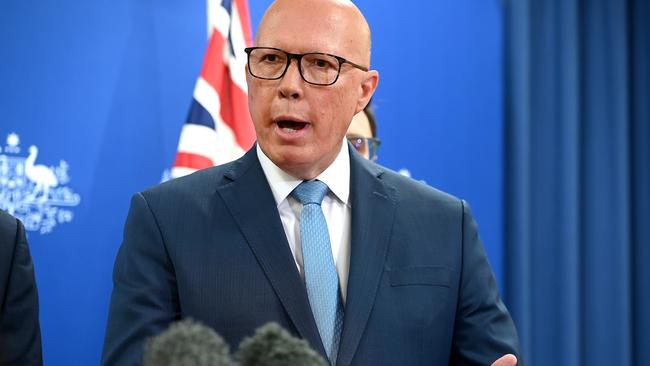
The ABC ran the policy announcement at the top of news bulletins on Wednesday as the two leaders met for the debate. It was a balanced report but in the aftermath, the ABC turned more and more to talking head critiques.
One progressive think tank, the Australia Institute, thought it a good idea.
“Australians have been told for a decade that we had a shortage of gas, but now Peter Dutton is rightfully arguing Australia has an abundance of gas and that all we need to do is to tax gas exports to ensure our gas flows first to Australian businesses and households,” the institute’s executive director Richard Denniss said.
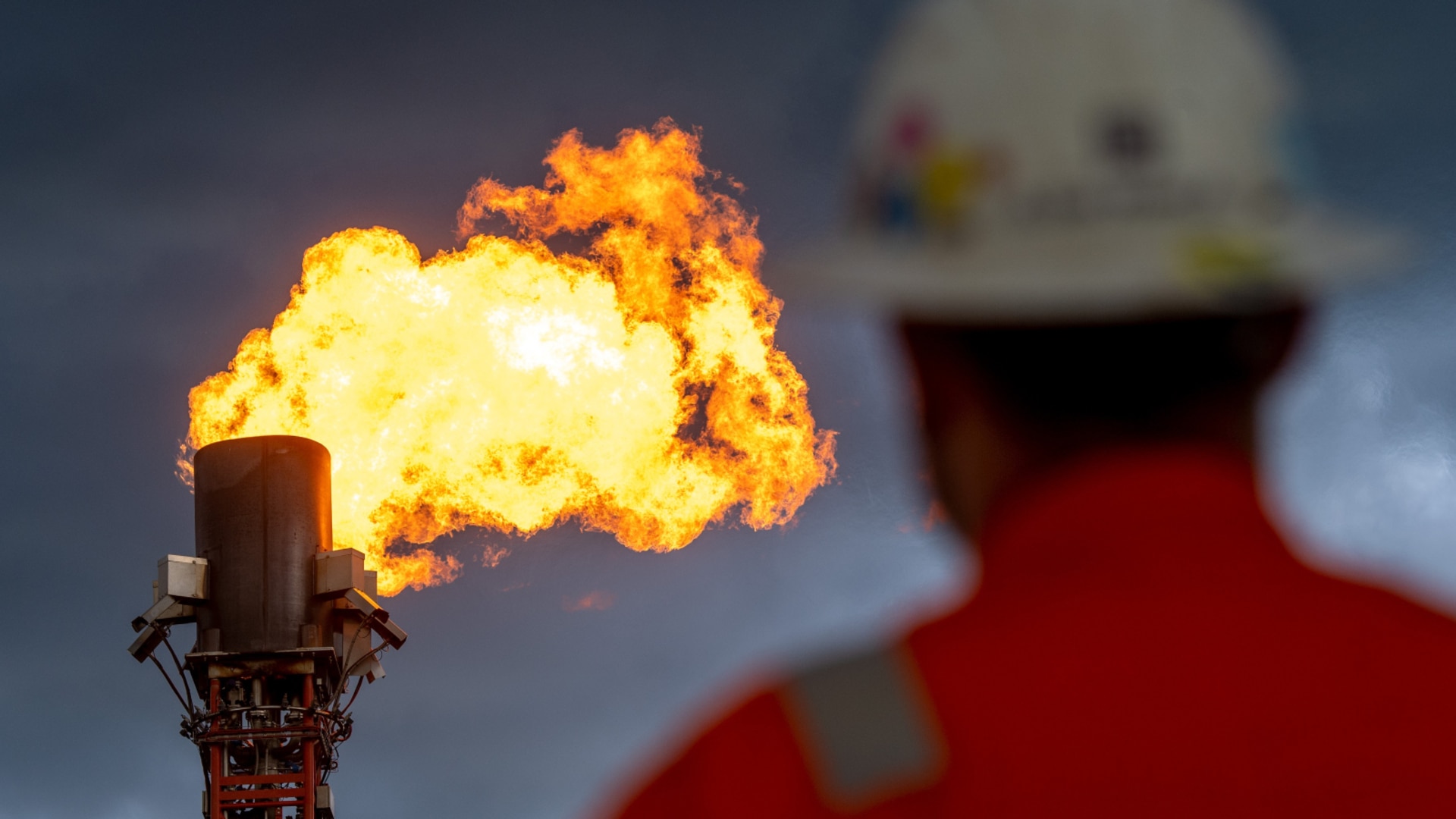
Prior to the announcement of the policy, Denniss had made the point at a National Press Club appearance that, “in Norway, they tax the fossil fuel industry and they give university education to their kids for free. In Australia, we subsidise the fossil fuel industry and we charge our kids a fortune to go to uni.”
Another progressive think tank, the Grattan Institute, offered a more cautious approval. Tony Wood, the Institute’s energy and climate change director, said the calculations could be impacted by a range of unpredictable factors, from the weather to the availability of coal power stations.
“However, in principle, if you can really bring down the price of gas, by $3 or $4 a gigajoule, that’s not insignificant,” he said.
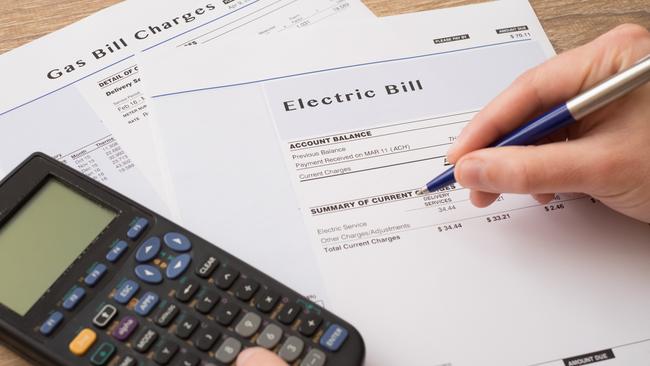
Then one of Australia’s leading constitutional experts, Anne Twomey came forward with another jolt to the policy. It may not be constitutional. Section 51 of the Australian Constitution permits the Commonwealth to levy taxes but it can’t discriminate between states or parts of states in its tax laws.
“If it was classed as a tax, and it only applied to gas produced on the east coast, that could be in breach of the Constitution. If the tax were instead to apply uniformly across the country, but to take into account, in providing rebates, any action already taken under a state gas reservation scheme, such as the Western Australian scheme, then it would be more likely to be valid,” Twomey told the ABC.
In other words, just get the legislation right.

This is a problem that has bedevilled governments of both stripes for more than a decade. Labor’s intervention back in 2022 has done little to stop the explosion of LNG costs. About the only agreement that Labor and the Coalition have over energy policy is that gas is a key transition energy source for electricity generation. The Coalition policy, currently derided by Chris Bowen and Labor as “gaslighting” should have bipartisan support.
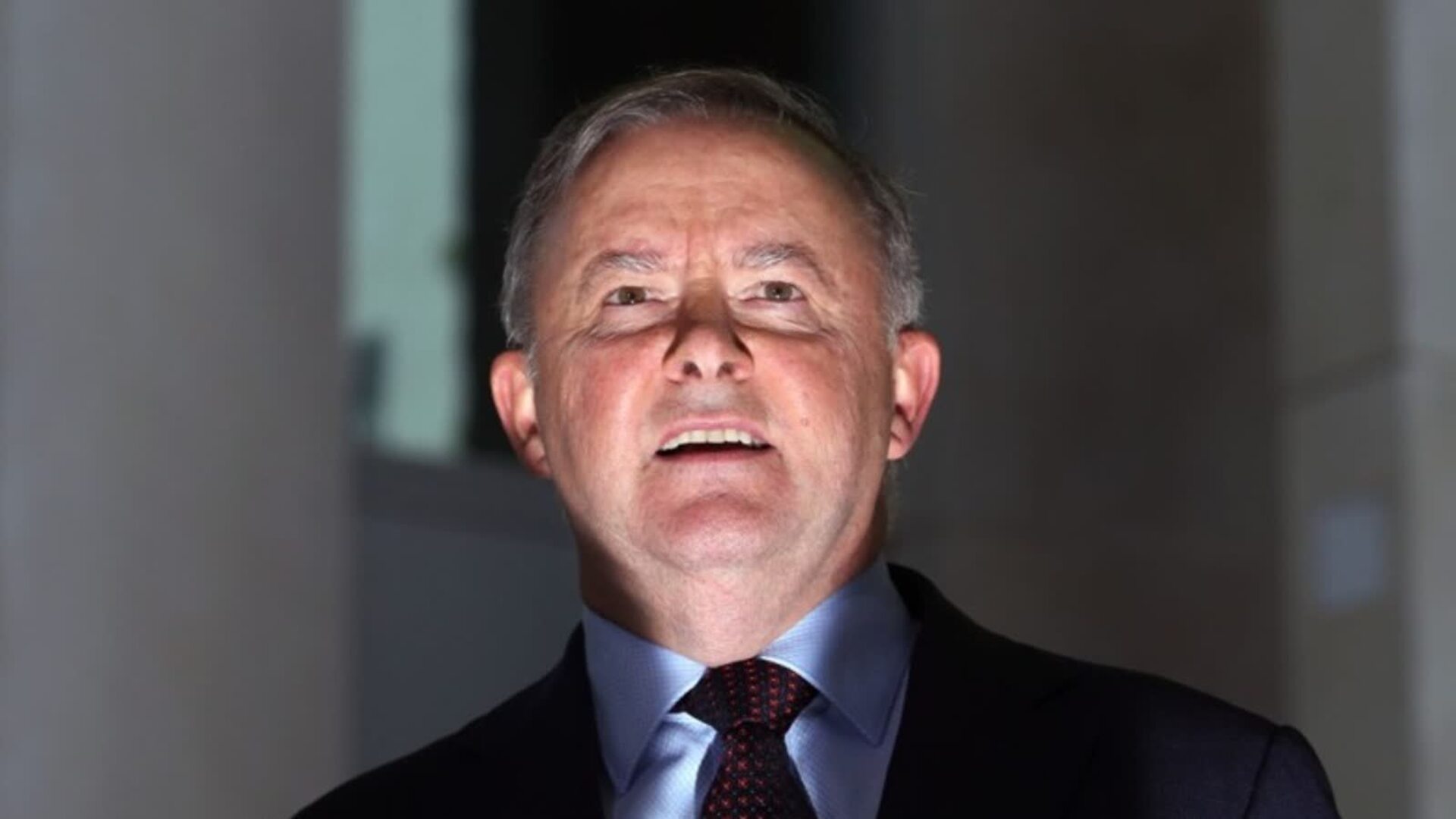
LNG accounts for ten per cent of electricity generation now and this will increase as coal fired power stations close. Australians in the eastern states will be consigned to high energy prices and significant cost of living pressure going forward as long as the madness continues.



